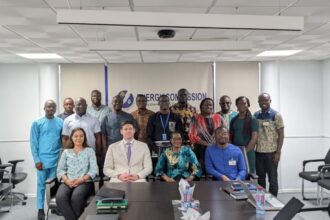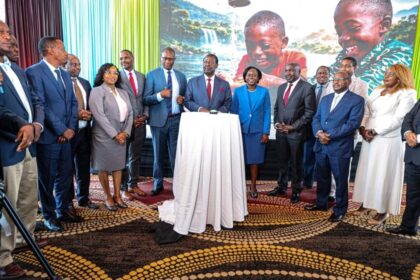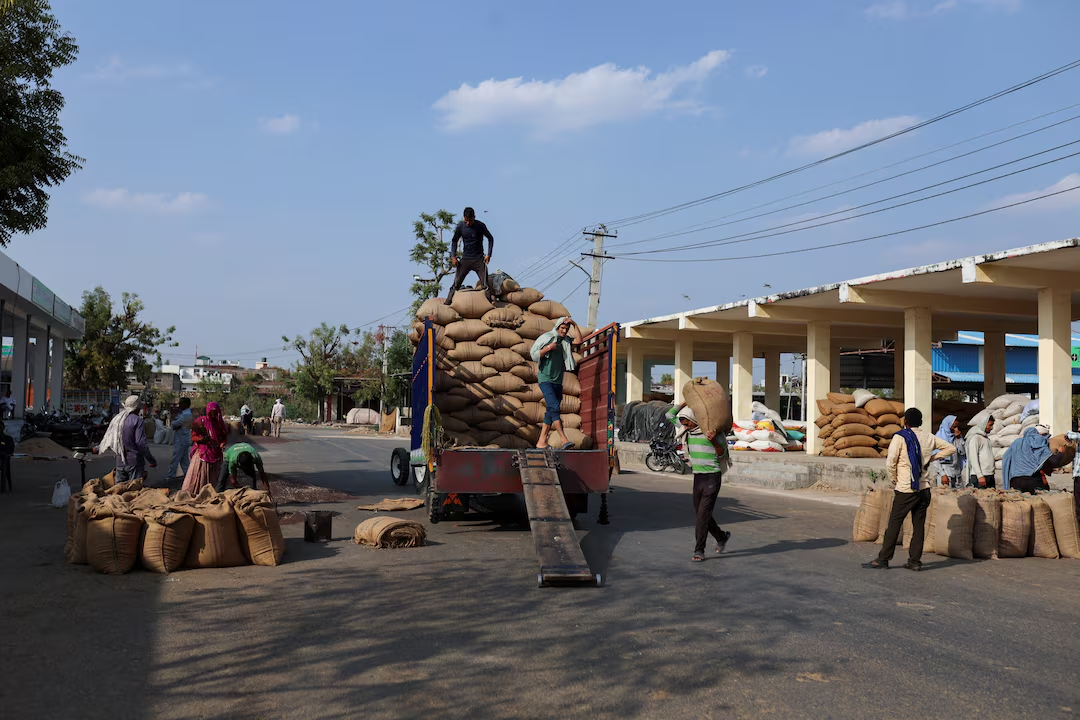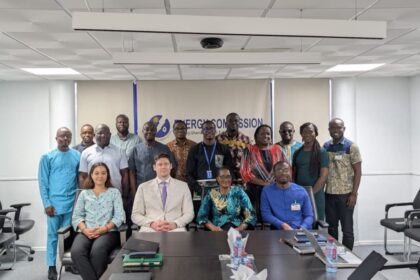Fidelity Bank Ghana has emphasized its dedication to incorporating climate adaptation into its fundamental lending strategy, showcasing its involvement in mobilizing private capital for a climate-resilient future.
Atta Yeboah Gyan, the Deputy Managing Director of Operations and Support Functions at Fidelity Bank, presented the bank’s innovative strategy during a panel discussion at the Africa Adaptation Acceleration Program Partnership Forum held at the Alisa Hotel in Ghana.
The discussion was centered around the theme “Unlocking growth through climate resilience and private sector leadership.”
“At Fidelity Bank Ghana, we view climate adaptation as a strategic necessity — not merely as a risk management concern, but also as an opportunity for value creation,” Mr. Gyan remarked, establishing the context for his comments.
He further detailed the bank’s proactive approach, stating, “We have recognized climate risk as a significant ESG material issue through our double materiality assessment, which is integrated into our environmental and social governance frameworks.”
This commitment is reinforced by a comprehensive Environmental and Social Management System (ESMS), carefully aligned with IFC Performance Standards and the Sustainable Banking Principles set forth by the Bank of Ghana.
“In order to effectively address both physical and transition climate risks,” Mr. Gyan added, “we recently undertook our inaugural portfolio-level climate scenario analysis across our Retail and Corporate & Investment Banking (CIB) divisions.”
This thorough evaluation, which also encompassed an internal review of potential climate-related disruptions to the bank’s branches and ATMs, has directly contributed to the development of detailed climate risk heatmaps, greatly improving the bank’s comprehension of exposure and bolstering long-term resilience.
The bank’s three-year Climate Implementation Plan, which aligns with Ghana’s Nationally Determined Contributions (NDCs), further reinforces this vision, ensuring that its financing aligns with national climate adaptation priorities.
Fidelity Bank is purposefully incorporating climate risk assessments into its credit evaluations, particularly targeting vulnerable sectors such as agriculture, infrastructure, and small and medium-sized enterprises (SMEs).
Mr. Gyan provided specific examples: “Throughout our portfolio, particularly in agriculture, we are testing tools to evaluate drought and flood vulnerabilities to determine potential impacts, risks, and opportunities for our clients within designated industries.”
He also underscored the significance of human capital in this initiative.
“We are training our frontline personnel to identify and react to adaptation indicators — which is especially crucial in markets where adaptation solutions are not readily apparent or monetized.”
In addition to internal risk management, Fidelity Bank is proactively striving to unlock private financing for adaptation and resilience throughout Ghana.
He proudly outlined these initiatives: “We have introduced an Electric Vehicle (EV) Financing product to encourage green transportation, as well as asset finance products to assist schools and hospitals in incorporating solar energy into their energy mix, thereby reducing their vulnerability to energy disruptions.”
He stressed the bank’s comprehensive approach, stating, “Through our Bridge-in-Agriculture initiative, we have facilitated over 12,000 new jobs and empowered more than 20,000 smallholder farmers, with over 60% being women — demonstrating that adaptation can be both inclusive and financially viable.”
Mr. Gyan firmly asserts that “blended finance is essential. By collaborating with development partners, we can utilize concessional capital or guarantees to mitigate risks associated with climate-smart investments and broaden lending to underserved yet climate-vulnerable segments.”
Looking forward, Fidelity Bank has presented specific recommendations for the Global Center on Adaptation (GCA) and other involved parties.
He encouraged them to “support the development of technical capacity for commercial banks to incorporate climate risk tools into credit scoring models,” “facilitate de-risking instruments (such as guarantees and first-loss capital) to enhance the willingness of commercial banks to engage in adaptation finance,” “co-create pipelines of viable adaptation projects — especially in agriculture and local infrastructure,” and “advocate for standardized climate risk data, particularly localized physical risk maps, to enhance decision-making throughout the banking industry.”
Mr. Atta Yeboah Gyan concluded with a compelling call to action: “Adaptation is not only crucial for resilience — it is also financially viable when combined with the appropriate partnerships, products, and policies. Fidelity Bank takes pride in leading this initiative in Ghana, and we are eager to collaborate with the various stakeholders present, the Global Center on Adaptation, and others to amplify our collective impact.”
Source: www.climatewatchonline.com












